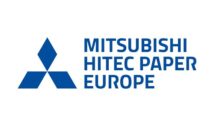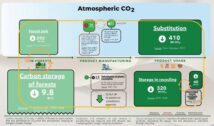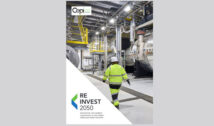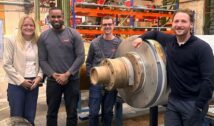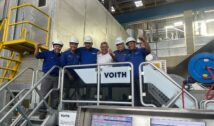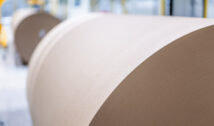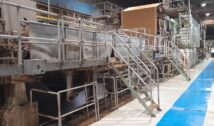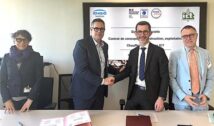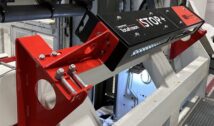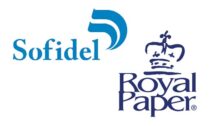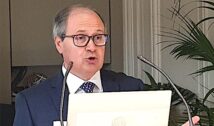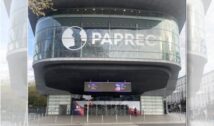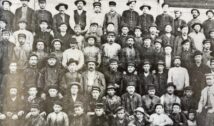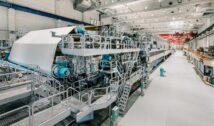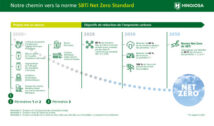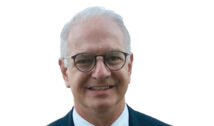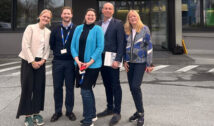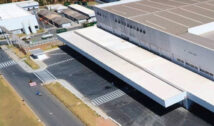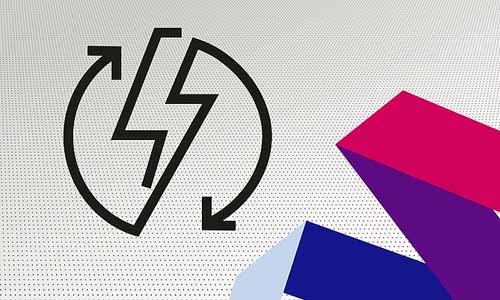
Doing business sustainably to benefit generations to come is a key component of Progroup’s strategy. This is why the family-run company is planning to build a state-of-the-art refuse-derived fuel (RDF) power plant right next to its high-tech paper factory PM3. It will supply a large share of the process heat and electricity for PM3 in the future. For this purpose, waste materials from the company’s own production and from the region will be thermally utilised. This will save valuable fossil resources. The company is investing around 135 million euros in the project. Construction of the combined heat and power plant is scheduled to start at the end of 2022. It is set to be commissioned by the end of 2025.
The paper factory PM3 in Sandersdorf-Brehna is one of the most modern and high-performing paper machines in the world. More than 100 million euros have already been invested in the latest technologies to protect the environment at the site. This has enabled the amount of fresh water used in the production process to be reduced by 80 per cent. The papermaking in Sandersdorf-Brehna is already part of a sustainable circular economy today: Containerboard is made entirely from recovered paper using the fewest possible resources. After it has been used, it is recycled again as recovered paper.
RDF power plant as the next development step on the path to carbon neutrality
“As a family-run company, we consider it to be part of our philosophy to think and act long term and sustainably. Climate change is real and we take our role very seriously,” stresses Maximilian Heindl, deputy CEO of Progroup. “By building the combined heat and power plant for our paper factory in Sandersdorf-Brehna, we will achieve another important milestone on the road to fully self-contained material cycles in order to achieve carbon-neutral recycling.”
With the paper machine PM2 in Eisenhüttenstadt already having its own power plant that supplies it with electricity and heat, PM3 is now also getting its own sustainable energy supply. This is where the impurities contained in the recovered paper as well as waste materials which are produced in production are thermally utilised. This reduces the use of fossil fuels and therefore CO2 emissions.
The paper factory is already saving 170,000 tonnes of CO2 each year by using the very latest technology. When the new CHP plant is added from the end of 2025, this will add another 80,000 tonnes, allowing a total of 250,000 tonnes of CO2 to be saved at this site each year.
In addition, the level of efficiency of the RDF power plant is particularly high thanks to a highly efficient combination of heat and power. The waste materials can be recycled to produce electricity and heat much more efficiently than in conventional power plants.


